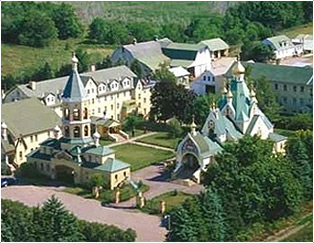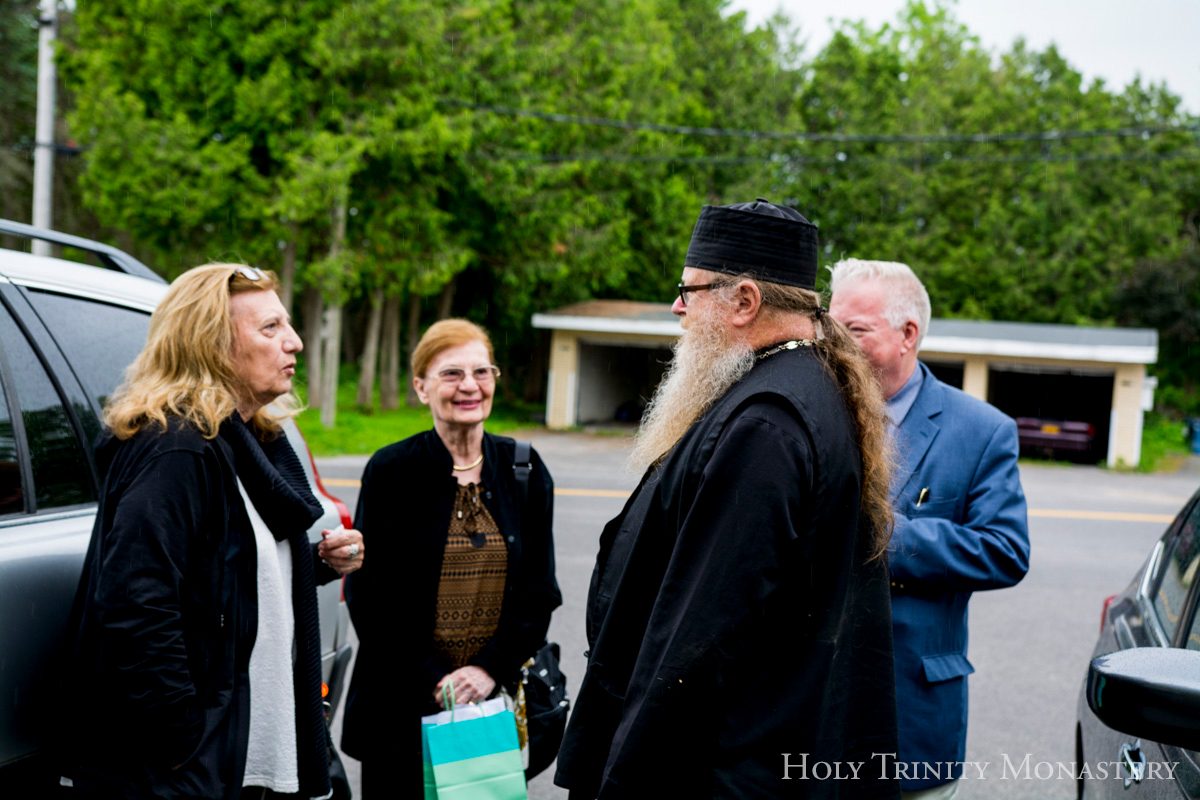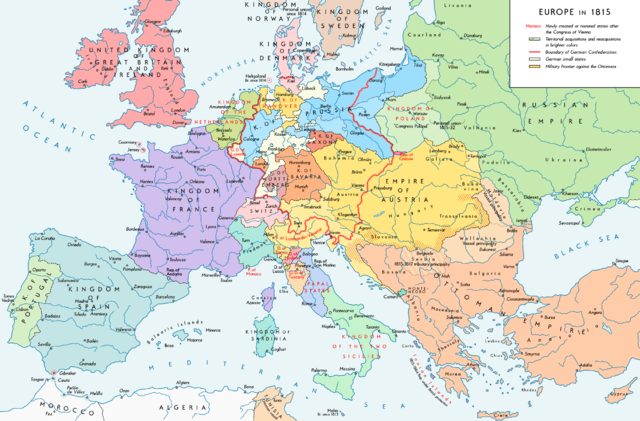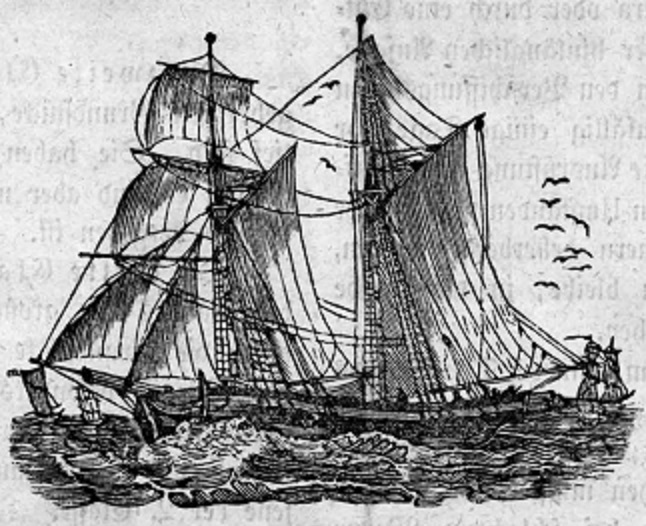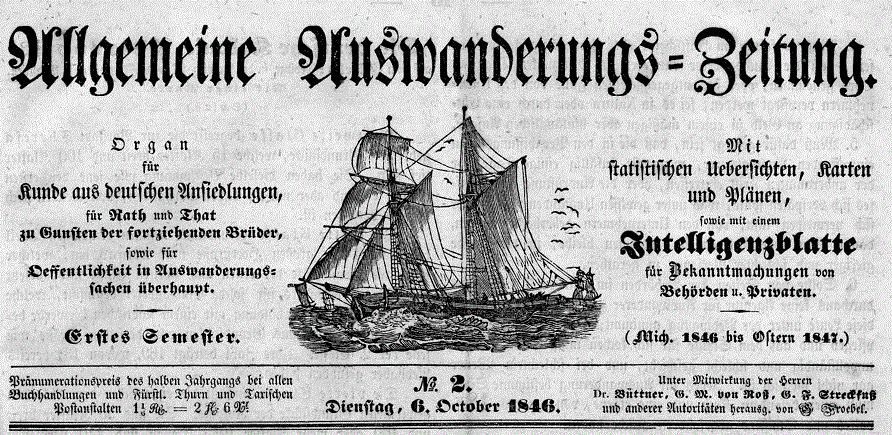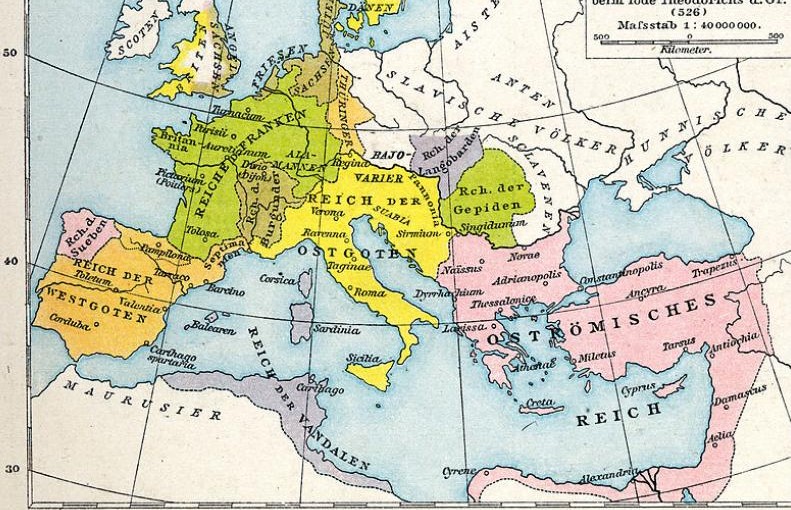Nobile Nicoletta Farace de Grundland and Nobile Fiammetta Farace de Zanelli, visited Holy Trinity Monastery, Jordanville, New York for the first time on June 15, 2017. Their grandfather Prince Ioann Konstantinovich Romanov was a son of a granddaughter of Duke Bernhard II of Saxe-Meiningen in whose Hunting Lodge at Marienthal Friedrich Froebel was invited to train women as Kindergarten teachers.
Also in attendance was Johannes Froebel Parker, author of The First Kindergarten,
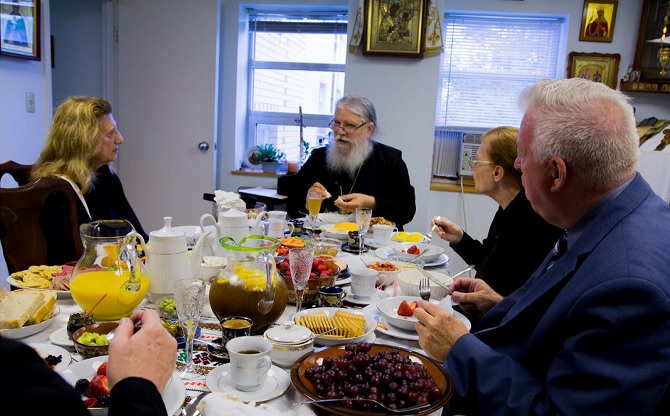
Johannes Froebel Parker visited Nicoletta and her mother Princess Ekaterina in Uruguay. They often talked about how Grand Duchess Maria Pavlovna Romanowa of Saxe-Weimar-Eisenach supported Kindergarten. Grand Duchess Maria Pavlovna Romanowa of Saxe-Weimar-Eisenach was a granddaughter of Catherine the Great and sister of Alexander I and Nicholas I, from whom the Nobile Farace sisters are descended.
The two sisters were close to their mother’s aunt, Princess Vera, who lived the last part of her life near New York City and who bequeathed to the Museum of Russian History at Holy Trinity Monastery, many articles belonging to her branch of the Romanov family, the Konstantovichi. It was the wish of the community for many years that these two sisters would visit the monastery and view these important relics of Russia’s glorious and tragic imperial family. Igumen Theophylact, during his trips to Argentina, made the acquaintance of Nicoletta and was overjoyed at their arrival.
Nicoletta and Fiammetta were impressed with the care and honor with which the relics are preserved. Portraits, letters, photographs, family items, such as a Faberge family tree, sparked the interest and admiration of the two sisters. They were especially satisfied that they are in the right place and are being preserved for future generations. Quite poignant and sad was their viewing of the results of the investigation of the massacre of the Romanovs, which took place on July 17 and 18, 1918.
On July 18 (N.S.), 1918, the day after the murder of the Russian Imperial family, the sister of the Empress, Grand Duchess Elizaveta Feodorovna, and other relatives of theirs, including the brothers, Princes Igor, Konstantin and Ioann Konstantinovich, were likewise killed by communist henchmen in Alpaevsk in the Ural Mountains area.
The two sisters are daughters of the late Princess Ekaterina of Russia, one of the two children of Prince Ioann and his wife, Princess Elena Petrovna of Serbia. Their father was a diplomat in service of the government of Italy. They were born and raised in countries around the world. Nicoletta married and settled in Montevideo, Uruguay. Fiammetta lives in Long Island, New York.
